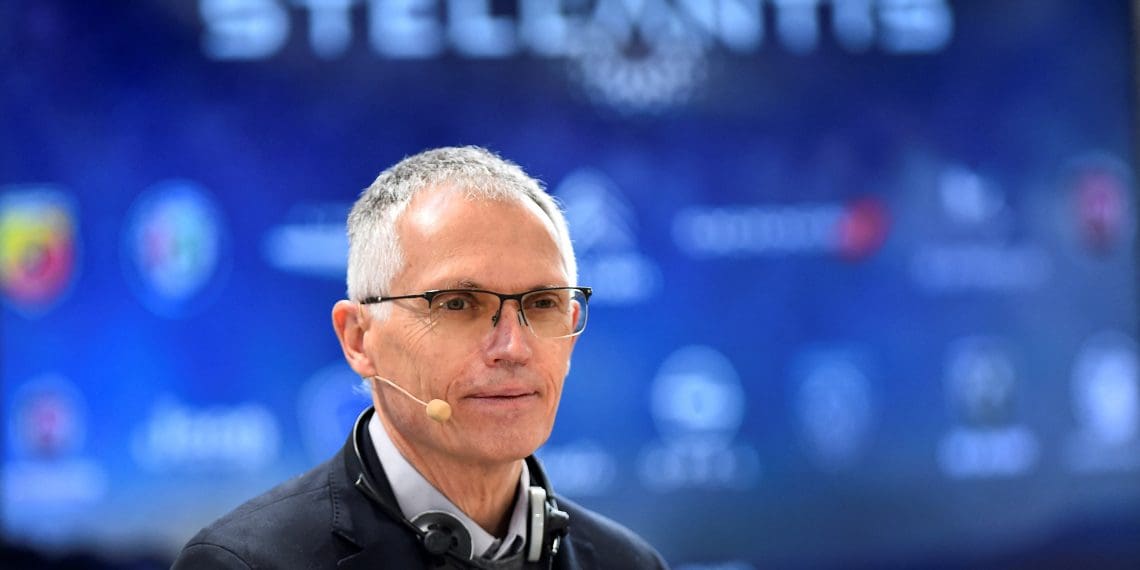Carlos Tavares, the former CEO of Stellantis, walked away with a jaw-dropping €36.4 million in earnings for 2023, sparking outrage over the astronomical gap between his pay and that of the average employee. His earnings were 518 times the average worker’s salary, making headlines across Europe as a stark reminder of corporate pay inequality.
A Paycheck to Remember
Tavares’ final year at the helm of Stellantis saw his pay skyrocket by 55.6% compared to the previous year. According to El País, a staggering 93% of his earnings were tied to performance incentives, underscoring the company’s solid financial results under his leadership. Stellantis, the automotive powerhouse behind brands like Fiat, Chrysler, Alfa Romeo, and Peugeot, flourished during his tenure, but the size of his paycheck has left many questioning the ethics of such massive compensation.
Tavares’ earnings were not only massive compared to his workforce but also eclipsed those of his peers. He earned 27% more than Oliver Blume, the CEO of Volkswagen Group, further cementing his status as one of the industry’s highest-paid executives.
A Legacy of Controversy
Tavares officially stepped down as CEO this past Sunday, leaving Stellantis searching for a new leader, with a successor expected by mid-2025. While his leadership brought record-breaking profitability, critics argue that such disproportionate pay raises serious concerns about fairness, especially when workers’ wages remain stagnant by comparison.
A Widening Gap
The €36.4 million paycheck is the latest flashpoint in the global debate over executive compensation. With corporate leaders pocketing ever-growing sums, the contrast between CEO earnings and worker salaries has never been more glaring.
Stellantis’ next CEO will not only inherit a thriving automotive empire but also a storm of scrutiny over how corporate profits are distributed. For Tavares, however, the question is moot—he leaves with his legacy and a fortune in the bank.










